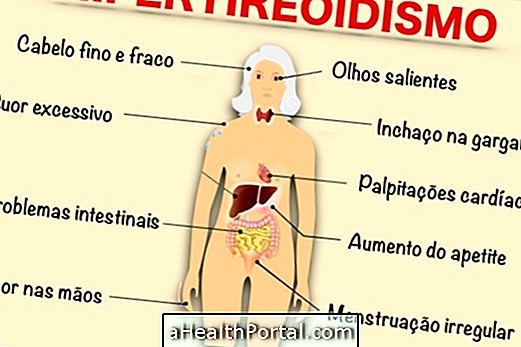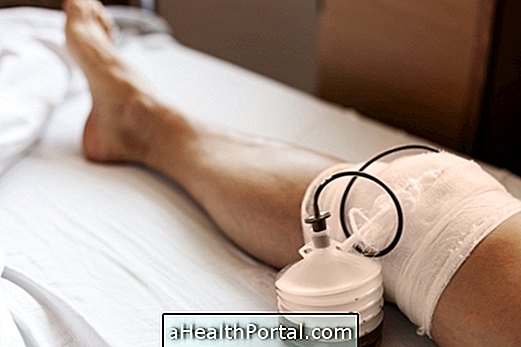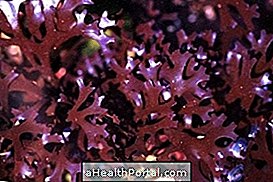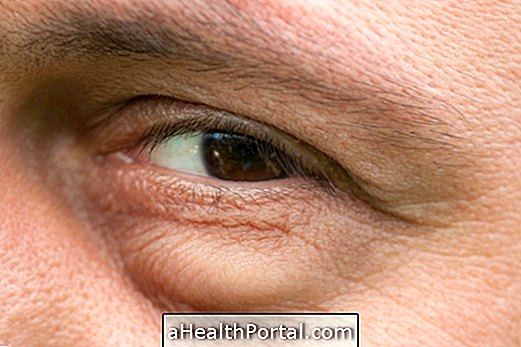Vincent's angina, also known as acute necrotizing ulcerative gingivitis, is a rare and serious disease of the gums, characterized by the excessive development of bacteria inside the mouth, causing infection and inflammation, leading to the formation of ulcers and gingival tissue death.
Usually the treatment is done with antibiotics, but it is also very important to maintain a proper oral hygiene, washing the teeth after eating and always use a mouthwash. Learn how to brush your teeth properly.
In addition, when the problem causes very severe pain, your doctor may also prescribe the use of analgesic or anti-inflammatory drugs, such as acetaminophen, naproxen, or ibuprofen, for example, that may help relieve symptoms.
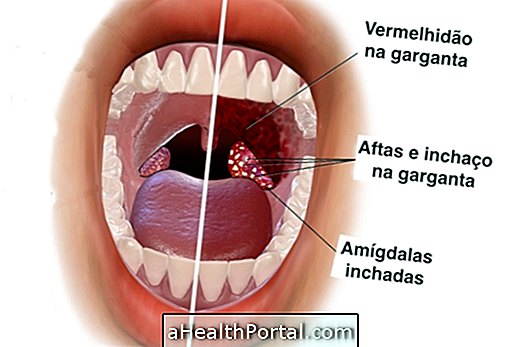
What causes
Vincent's angina is an infection caused by the overgrowth of bacteria in the mouth and is therefore more common in weakened immune system situations such as in HIV infections or lupus.
However, the disease can also arise in cases of malnutrition, degenerative diseases such as Alzheimer's, or in populations of poorly developed regions due to lack of hygiene.
Common signs and symptoms
Due to the exaggerated growth of bacteria in the mouth, the first signs include pain, swelling and redness of the gums or throat. However, after a few hours other symptoms such as:
- Thrush in the gums and / or throat;
- Severe pain when swallowing, especially on one side of the throat;
- Bleeding gums;
- Metallic taste in the mouth and bad breath;
- Swelling of the anus of the neck.
In addition, in some cases, bacteria that develop in the mouth can also produce a thin gray film that leaves the gums darker. In these cases, when the film does not go away with proper oral hygiene, it may be necessary to go to the dentist to do a professional cleaning with local anesthesia.
How is the treatment done?
Treatment usually consists of administration of antibiotics, such as amoxicillin, erythromycin or tetracycline, to prevent infection from spreading, debridement with a manual or ultrasonic scraping device, frequent washes with chlorhexidine or hydrogen peroxide solutions, analgesics and anti-inflammatories, to reduce pain such as paracetamol, ibuprofen or naproxen, cleanliness performed by a professional and correct oral hygiene.
To prevent the onset of this disease it is recommended to make a correct oral hygiene, to make a balanced diet with fruits and vegetables and to avoid the excess of stress, that weakens the immune system. Here's what to do to strengthen the immune system.



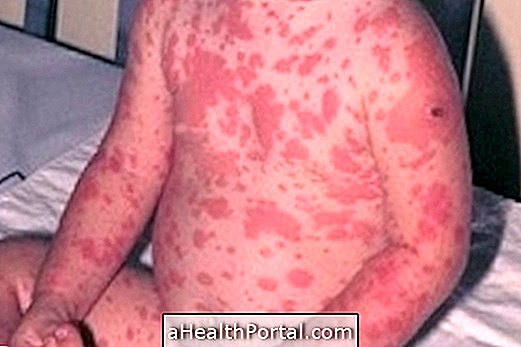


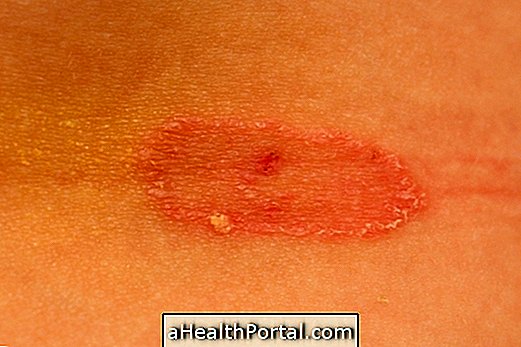


-o-que--sintomas-e-tratamento.jpg)
